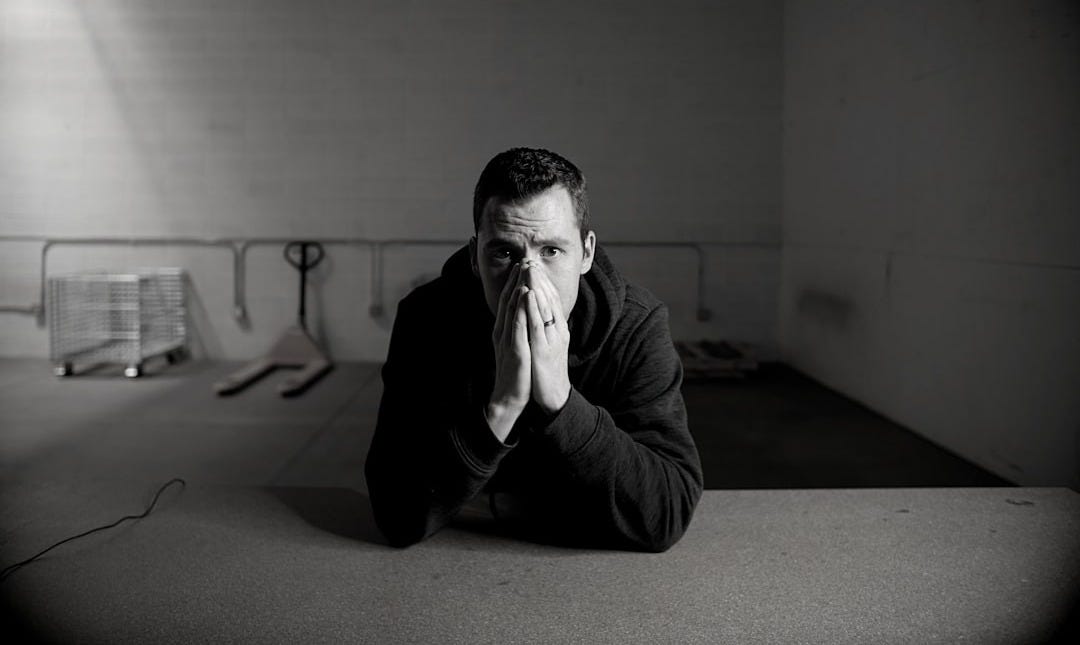Coping with the Emotional Impact of Erectile Dysfunction
Many cases of ED are physical in origin, but psychological factors often play a role too. Even if ED starts in the body, mental stress can make it worse.
Psychological Causes of ED
Common psychological triggers of ED include:
Performance anxiety: Worry about one’s sexual performance or the ability to satisfy a partner can create intense pressure, making it hard to maintain an erection. This worry can be especially strong after previous episodes of ED or with a new partner.
Relationship issues: Emotional strain between partners – unresolved conflicts, poor communication, or lack of intimacy – can contribute to ED. Tension in a relationship may make it difficult to become aroused.
Emotional Effects on Men and Relationships
ED doesn’t only affect the body – it also affects emotions and relationships. Men dealing with ED often feel embarrassment, frustration, or guilt. They may worry they are letting their partner down, which can lead to shame and a blow to self-confidence. Over time, these feelings might contribute to anxiety or even depression.
Partners can also be emotionally affected. They might wonder if the loss of erection means a loss of attraction, leading to hurt feelings or confusion. This can create a cycle: the man may avoid intimacy to prevent disappointment, while the partner feels rejected. Such misunderstandings can strain the relationship if not addressed.
Getting Help and Treatment
Start by talking openly with your partner about the issue. Honest communication can relieve a lot of tension. Both partners often feel some relief once the topic is in the open, as they can support each other instead of silently worrying.
The next step is to seek help from a healthcare provider. A doctor can check for physical issues contributing to ED and discuss treatment options. Knowing that ED is a common and treatable condition can help ease embarrassment. Effective treatments are available – medications that improve blood flow help most men achieve an erection, and other therapies exist if needed. Regaining the ability to have a satisfying sexual experience often boosts confidence and reduces performance anxiety.
In addition to medical treatment, consider professional counseling if needed. If stress, anxiety, or relationship problems are major factors, talking to a therapist or sex counselor can make a big difference. Therapy can provide strategies to manage performance anxiety and help couples improve intimacy and communication. Therapy can also teach relaxation techniques to reduce anxiety during sex and gradually build confidence.
Don’t overlook lifestyle changes as part of the solution. Regular exercise is a natural stress reliever that also improves circulation, which benefits erections. Cutting back on alcohol and quitting smoking can remove factors that might be making ED worse. Taking care of your overall health often improves both your mood and sexual function.
Remember, ED is treatable and often not permanent. With the right combination of medical treatment, therapy, and healthy habits, many men overcome ED. By addressing both body and mind, you can break the cycle and enjoy a satisfying sex life again.





